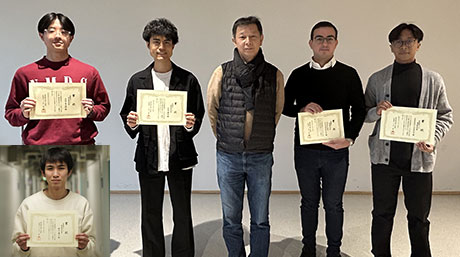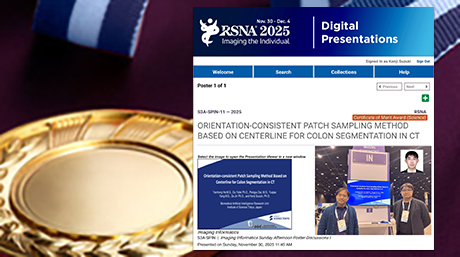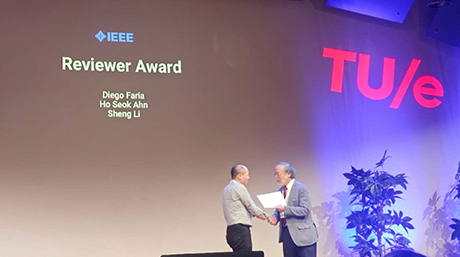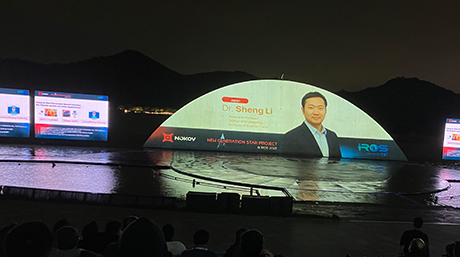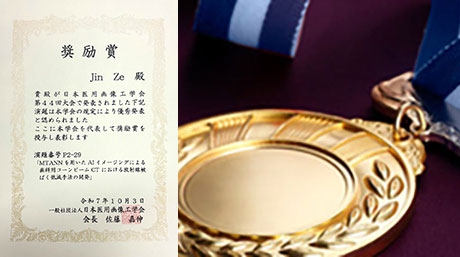Information and Communications Engineering News
Three Tokyo Tech teams qualify for ACM-ICPC2018 Asia regionals
The Japan qualifications for the 2018 Association for Computing Machinery (ACM) International Collegiate Programming Contest (ICPC) were held on July 6, and three Tokyo Tech teams booked their place in the Asian regional competition in December.
A total of 411 teams from 87 universities, junior colleges, and technical high schools around the country tested their skills during the 3-hour qualification round. Of the 39 top teams that received special awards from the ICPC Board, five were from Tokyo Tech.
However, in accordance with ICPC rules, only three teams from each institution can advance to the regional competition in Yokohama. Team narianZ, Team, new_moon_with_face, and Team 60odnight will attempt to tweak their performance further in hopes of progressing to the world finals, which Tokyo Tech reached last year.
This year, in addition to Yokohama, Singapore, Taipei, Nakhon Pathom, Hanoi, Jakarta, Seoul, and Yangon will also host regional competitions.
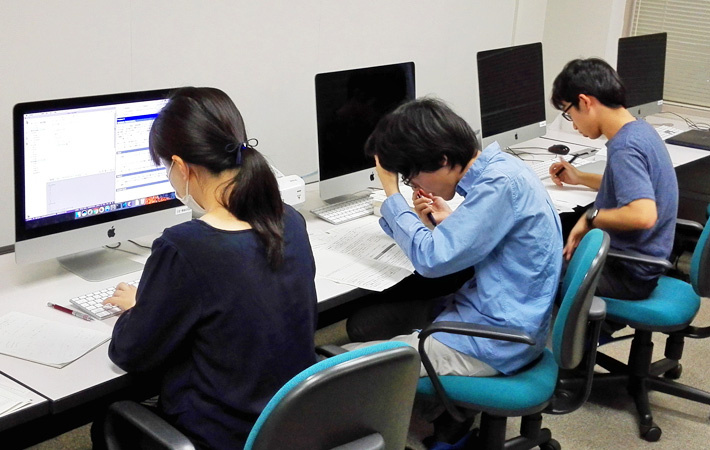
Participants working on qualification round problems
Teams that qualified for the Asia regional competition
-
Team narianZ (2nd overall)
Recipients of LINE Award, MUJIN7 Award, Tsubame Award
Riki Fukunari, 4th year, Computer Science
Rikuto Kubota, 1st-year master's student in Computer Science
Hiroki Katsumata, 2nd-year master's student in Information and Communications Engineering
Comments from team
With very strong teams from the University of Tokyo, Kyoto University, and other schools present, we were very happy to place second. The programming languages we usually use are different, so we thought debugging might be a challenge, but we were able to solve the problems through good communication within the team. We will do our best to put in a better performance in the regionals and progress to the World Finals.
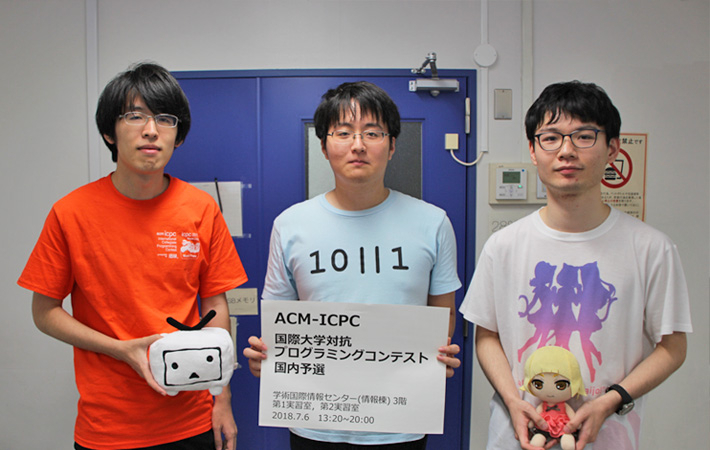
Team narianZ (from left): Katsumata, Fukunari, Kubota
-
Team new_moon_with_face (10th overall)
Recipients of KLab Award
Shugo Miyamoto, 4th year, Information Science
Shinji Yoshino, 4th year, Information Science
Hisanori Masuda, 2nd-year master's student in Systems and Control Engineering
Comments from team
ICPC teams have three members each. By optimizing our members' individual abilities, we were able to beat teams that we considered stronger than us. Team competitions are special because you can consult with your teammates and explore how others would approach the problem. We encourage anyone with even a slight interest to join the contest. All our members were first-timers, and we were able to delegate tasks effectively and solve problems calmly. We would like to thank the coaches, managers, and those who helped form the teams for their efforts.
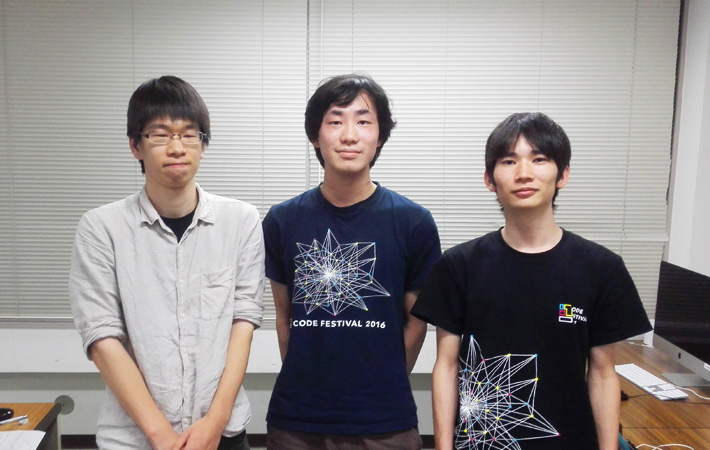
Team new_moon_with_face (from left): Masuda, Miyamoto, Yoshino
-
Team 60odnight (13th overall)
Takuto Yoshida, 2nd year, Computer Science
Hatsumi Yamane, 2nd year, Computer Science
Ryoji Nagata, 5th Academic Group
Comments from team
The level at this year's contest was very high. The qualifications were tough, we are very happy to have made it through. On the actual day of the competition, we were able to squeeze in a team practice session and perform close to our maximum team abilities. We will fight hard to obtain another good result at the Asian regionals in December.
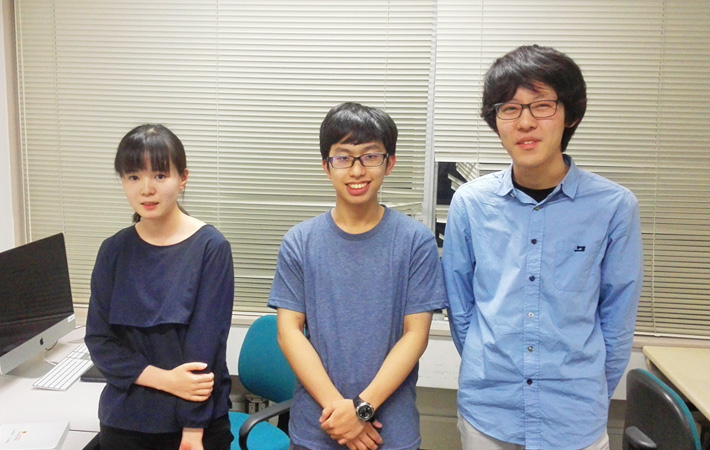
Team 60odnight (from left): Yamane, Nagata, Yoshida
Other commended teams
-
Team IQ1 (22nd overall)
Recipients of Niconico Award
Yoshitaka Sakurai, 1st-year master's student in Computer Science
Kentaro Takakuwa, 2nd-year master's student in Computer Science
Koya Endo, 2nd year, Mathematical and Computing Science
-
Team j2j2w8 (28th overall)
Recipients of Niconico Award
Arimichi Matsumura, 1st-year master's student in Computer Science
Asuma Kato, 1st-year master's student in Artificial Intelligence
Tetsuro Sakamoto, 1st-year master's student in Artificial Intelligence
